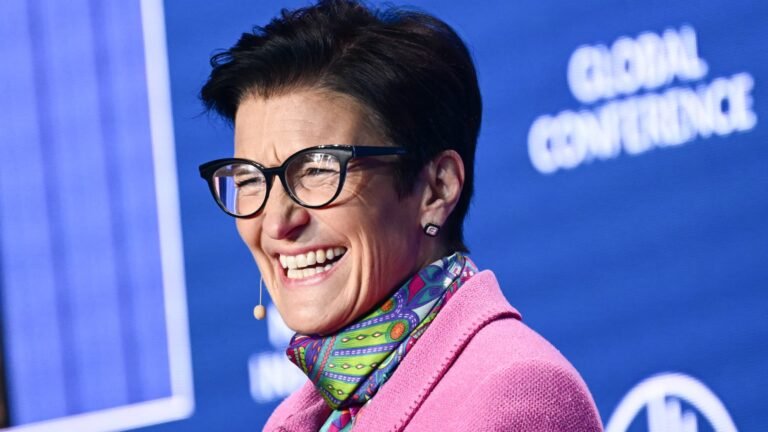
The early departure of the Federal Reserve’s top financial regulator paves the way for a more industry-friendly official to assume the position, benefiting U.S. banks amidst a surge of post-election optimism. Federal Reserve Vice Chair for Supervision Michael Barr announced on Monday his intention to step down from his role next month to avoid a prolonged legal battle with the Trump administration, which had contemplated seeking his removal.
This decision, contrary to Barr’s previous statements, accelerates his exit from the supervisory role by approximately 18 months. It also eliminates a potential obstacle to Donald Trump’s deregulatory plans. Following Trump’s election in November, banks and other financial stocks experienced gains amid expectations of relaxed regulations and increased deal-making activities, such as mergers. Shortly after his victory, Trump nominated hedge fund manager Scott Bessent as his pick for Treasury secretary.
Trump has yet to announce selections for the three major bank regulatory agencies — the Federal Deposit Insurance Corp., Office of the Comptroller of the Currency, and the Consumer Financial Protection Bureau. With Barr’s resignation, a clearer picture of forthcoming bank regulation is emerging.
Trump’s options for the vice chair of supervision are limited to two Republican Fed governors: Michelle Bowman or Christopher Waller. Waller chose not to comment, while Bowman did not immediately respond to requests for comment. Bowman, who had been previously considered for roles in the Trump administration and is viewed as the leading candidate, has criticized Barr’s efforts to enforce increased capital requirements on American banks under the Basel III Endgame proposal.
Bowman, a former community banker and Kansas bank commissioner, is expected to introduce “industry-friendly reforms” addressing various concerns raised by banks. These include issues such as the perceived opacity of the Fed stress test process, delays in merger approvals, and alleged unfairness in confidential bank examinations, as noted by Alexandra Steinberg Barrage, a former FDIC executive and partner at Troutman Pepper Locke.
Regarding the Basel Endgame, initially announced in July 2023 before a revised proposal was issued last year, it is now anticipated that the final version will be more lenient towards the industry. Barr spearheaded the collaborative effort to formulate the comprehensive Basel Endgame, which initially proposed a 19% increase in capital requirements for the world’s largest banks. Analysts like Brian Gardner of Stifel foresee a more industry-friendly approach under Bowman’s potential leadership.
If banks successfully resist heightened capital requirements, they could potentially allocate funds towards share buybacks and other purposes. Bank stocks surged following Barr’s announcement, with the KBW Bank Index climbing up to 2.4% during the trading session. Notably, Barr will retain his position as one of the seven Fed governors, maintaining the current 4-3 advantage of Democrat appointees on the Fed board, as highlighted by Klaros Group co-founder Brian Graham. Graham noted that Barr’s resignation from the vice chair role while remaining a governor strategically preserves the board’s power balance and limits the options for his successor to current board members.







